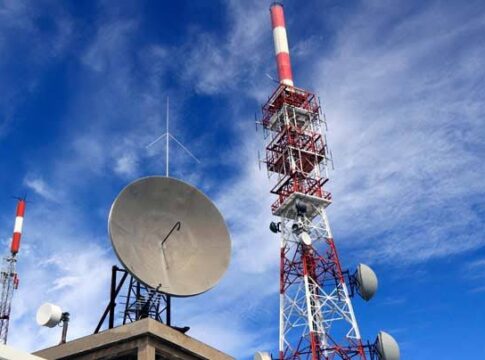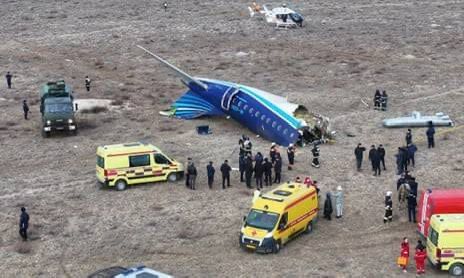Nigerians could see an increase in telecom service tariffs by early 2025 as operators push to sustain the struggling $76 billion industry. Telecom companies have been hit hard by naira devaluation, high inflation, and soaring operational costs, leading to massive financial losses across the sector.
Minister of Communications, Innovation, and Digital Economy, Dr. Bosun Tijani, acknowledged the challenges during a recent television appearance. “We have conducted a study on the sustainability of the telecom sector. The findings, due in two weeks, will guide us on the next steps,” Tijani said. He hinted at a possible tariff hike but stressed the need for broader government support, including investments in digital infrastructure.
Telecom operators have intensified calls for tariff adjustments. Obafemi Banigbe, CEO of 9mobile, highlighted that the cost of maintaining infrastructure has surged by over 300%. “From diesel to customs charges, everything has skyrocketed. We need a tariff increase to survive,” Banigbe said.
READ MORE: “No Regrets,” Tinubu Says on Fuel Subsidy Removal as He Targets Inflation Drop
MTN Nigeria’s CEO, Karl Toriola, painted a bleak picture, describing the sector as “a patient in intensive care.” MTN reported a staggering ₦519.1 billion loss in the first half of 2024, while Airtel Africa suffered a $89 million loss after tax in the same fiscal year. Both companies attributed their struggles to naira devaluation and inflation.
“If tariffs don’t go up, the industry will collapse,” Toriola warned. He revealed that MTN has ceased contributing corporate income tax to the Federal Inland Revenue Service due to its financial struggles.
The National Association of Telecommunications Subscribers (NATCOMS) has called for a marginal 10% tariff increase, noting that the last adjustment occurred 11 years ago. “A hike is essential for sustaining operations and improving service quality,” said NATCOMS President Adeolu Ogunbanjo.
With the government and industry stakeholders set to deliberate on the sector’s future, many Nigerians are bracing for potential price increases, hoping improved services will justify the cost.




